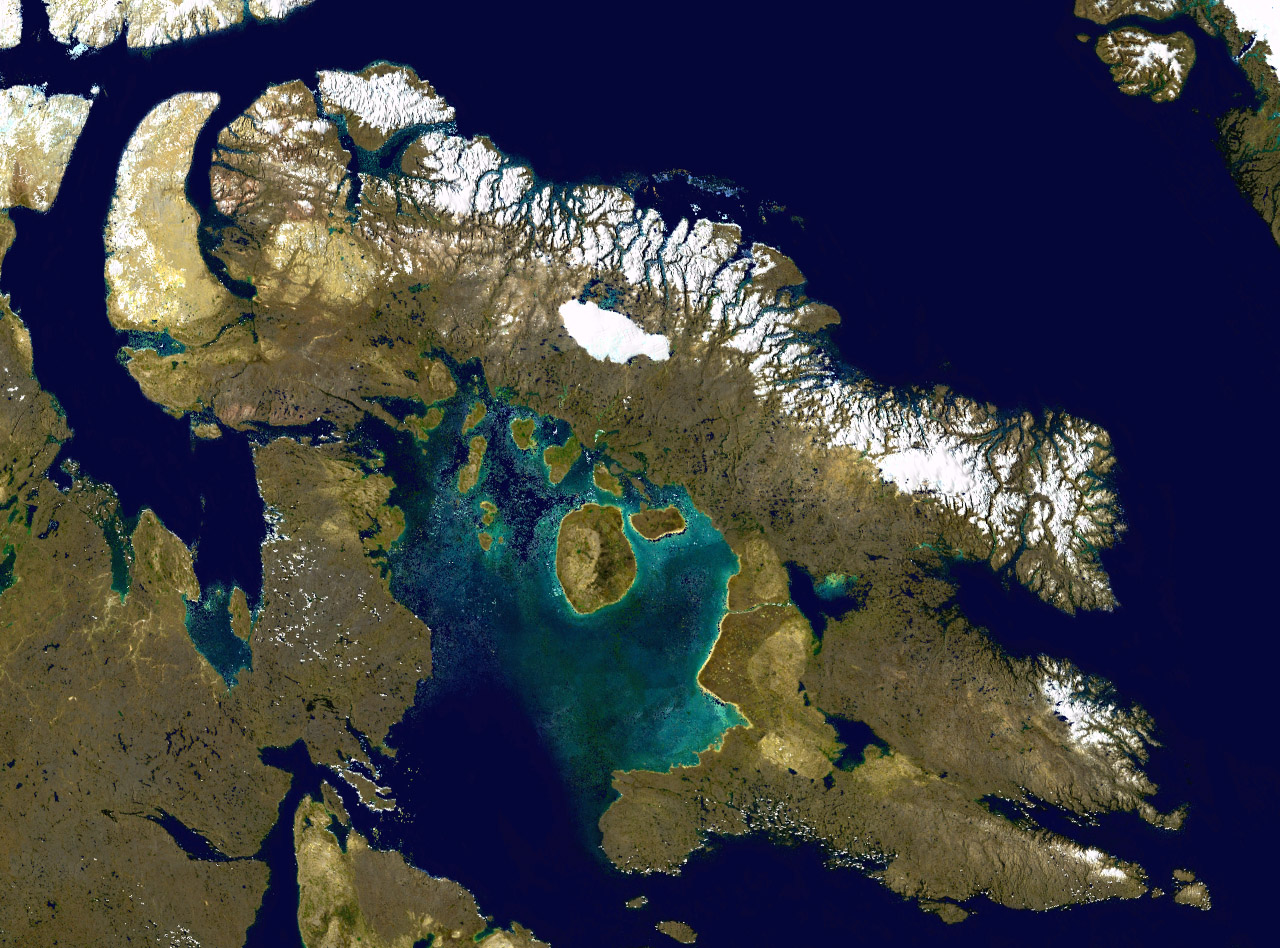Canadian military to gather feedback on ‘pinging noise’ in North Baffin
Acoustic specialists with the Canadian Armed Forces will be in Igloolik, Nunavut next week to gather community reports about an unidentified “pinging noise” heard coming from the seabed north of the Baffin community.
The issue of the mysterious sound was first raised by the community’s MLA Paul Quassa in the legislature last fall, who described a strange sound coming from the seabed beneath Fury and Hecla Strait, detected only by hunters and boaters using sonar equipment.
The concern was that the sound may be scaring away wildlife in a region that has historically been good for hunting.

The Department of National Defence initially investigated the reports, dispatching a CP-140 aircraft to the region last November to do multi-sensor searches.
The crew did not find anything unusual, the DND said, though it observed two pods of whales and six walruses in the area.
There haven’t been any reports of the pinging sound since. But as part of its regular patrol in Igloolik scheduled for Jan. 25 to Feb. 2, the Joint Task Force is bringing along two acoustic specialists.
“While on the patrol, the specialists will have an opportunity to meet with local people who may have experienced the alleged noise last fall,” said Major Josée Bilodeau in an email to Nunatsiaq News.
But Bilodeau made clear that the visit is not part of an investigation.
“While we’re satisfied with the results of the CP-140 Aurora flight in November 2016, this patrol will give the specialists an opportunity to gather first-hand feedback from the local population who made the initial report,” she said.
“Joint Task Force (North) greatly appreciates and values the observations and reports made by the locals in remote northern communities.”
Quassa initially said the sound was triangulated to about 70 kilometres north of the Fox-Main North Warning Site near Hall Beach, first constructed as part of the Distant Early Warning, or DEW, line in the 1950s.
Igloolik residents have speculated the sound might come from a device dropped by any of the large vessels that pass through the region during the summer months.
Known as Aukkannirjuaq in Inuktitut, the area around the straits is classified as a polynya—an area of warm current frequently ice-free even in winter. It’s usually home to a rich diversity of species including fish, seals, walrus and whales.